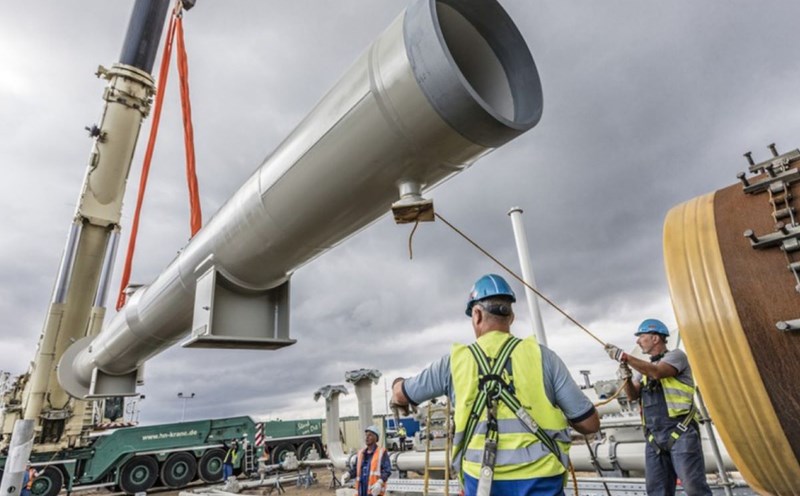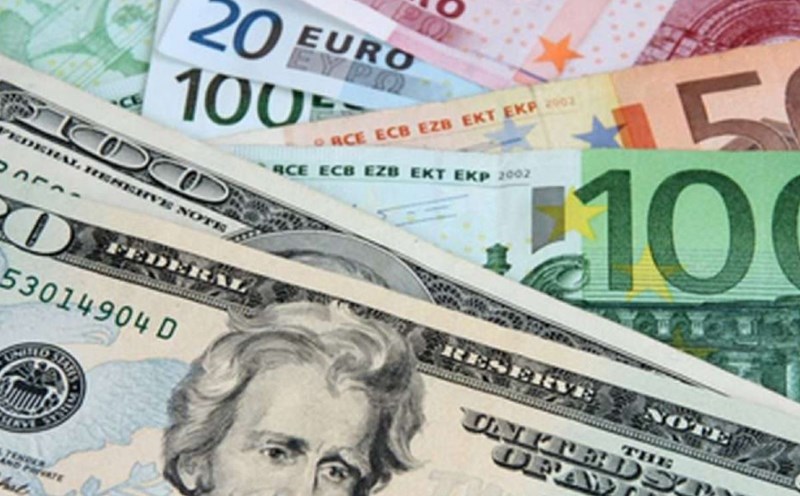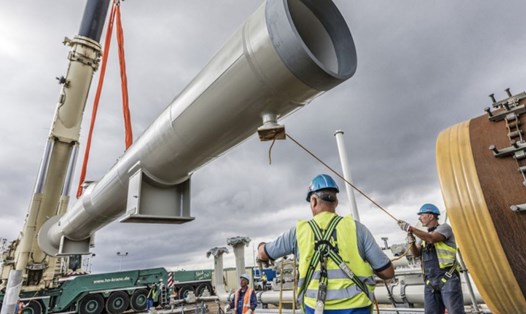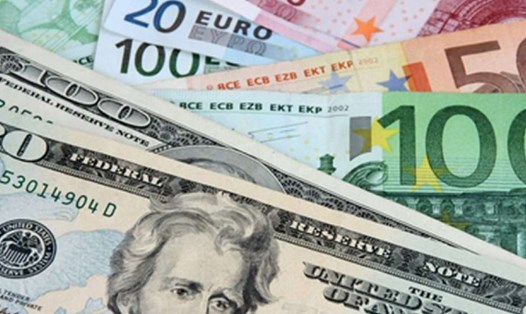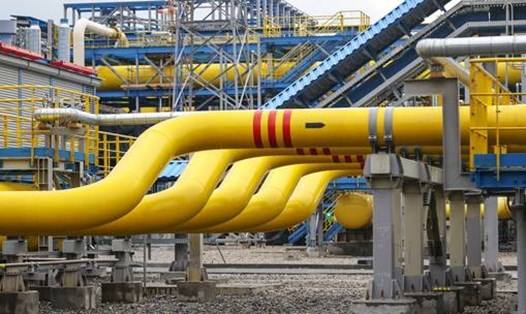According to the Handelsblatt Research Institute (HRI), 2025 is expected to be the third consecutive year of economic decline in Germany.
HRI forecasts German GDP will shrink by 0.1% in 2025, after already falling by 0.3% in 2023 and 0.2% in 2024. This series of recessions surpasses the two-year record of the early 2000s and is a result of the energy crisis, persistent inflation, and the lingering impact of the COVID-19 pandemic.
“The German economy is going through the biggest crisis in its post-war history,” said Bert Rurup, chief economist at HRI.
The aging population is the “Achilles heel” of the German economy. The challenges of an aging population are exacerbating the crisis. According to HRI, Germany’s growth potential has fallen to just 0.5% per year. “The economy is entering a period of strong aging,” Mr. Rurup emphasized.
Official data from the German Federal Statistical Office, due for release on January 15, will likely confirm a decline in 2024.
Although the HRI forecasts a modest recovery in 2026 with growth of 0.9%, this is still well below pre-crisis levels. The Bundesbank also revised down its growth outlook for 2025 from 1.1% to 0.2% in December.
The energy crisis has dealt a devastating blow to the EU’s largest economy. Germany’s switch from cheap Russian gas to more expensive liquefied natural gas (LNG) from the United States has pushed up energy prices, hitting manufacturers and small businesses hard. Bankruptcies and closures have spread across industries, with even giants like Volkswagen not spared.
Before the Ukraine conflict escalated in 2022, Russia supplied more than half of Germany’s gas needs. Following EU sanctions, gas supplies from Russia were sharply cut, culminating in the explosion that destroyed the Nord Stream pipeline in September 2022. On January 1, 2025, Russia officially stopped gas transit through Ukraine to Europe.
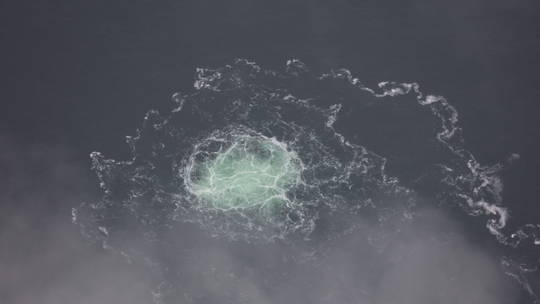
Germany's export sector, especially high-value manufacturing, remains one of the economy's few strengths. However, it also faces challenges from global uncertainty and high energy prices.
The loss of cheap Russian energy and rising costs have made recovery difficult. Former Chancellor Angela Merkel has recently criticized the decision to abandon Russian gas. In an interview with France 2 TV in December, she called the previous deal a “win-win situation,” saying it provided Germany with cheap energy while prices have now “exploded.”
The current economic crisis has become a hot-button issue for Germans, with an ARD poll in December showing the economy as voters’ top concern. The snap general election, scheduled for February 23, comes after Chancellor Olaf Scholz’s center-left coalition government collapsed in November 2024.

